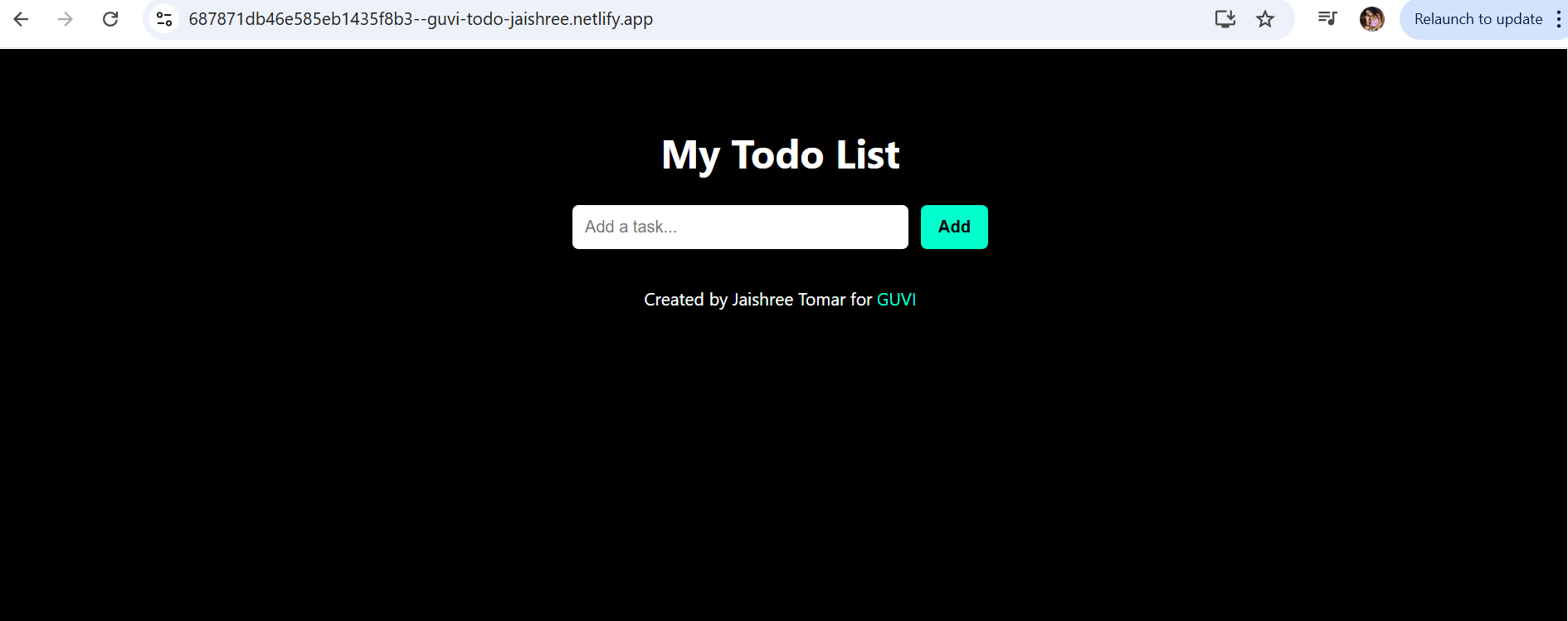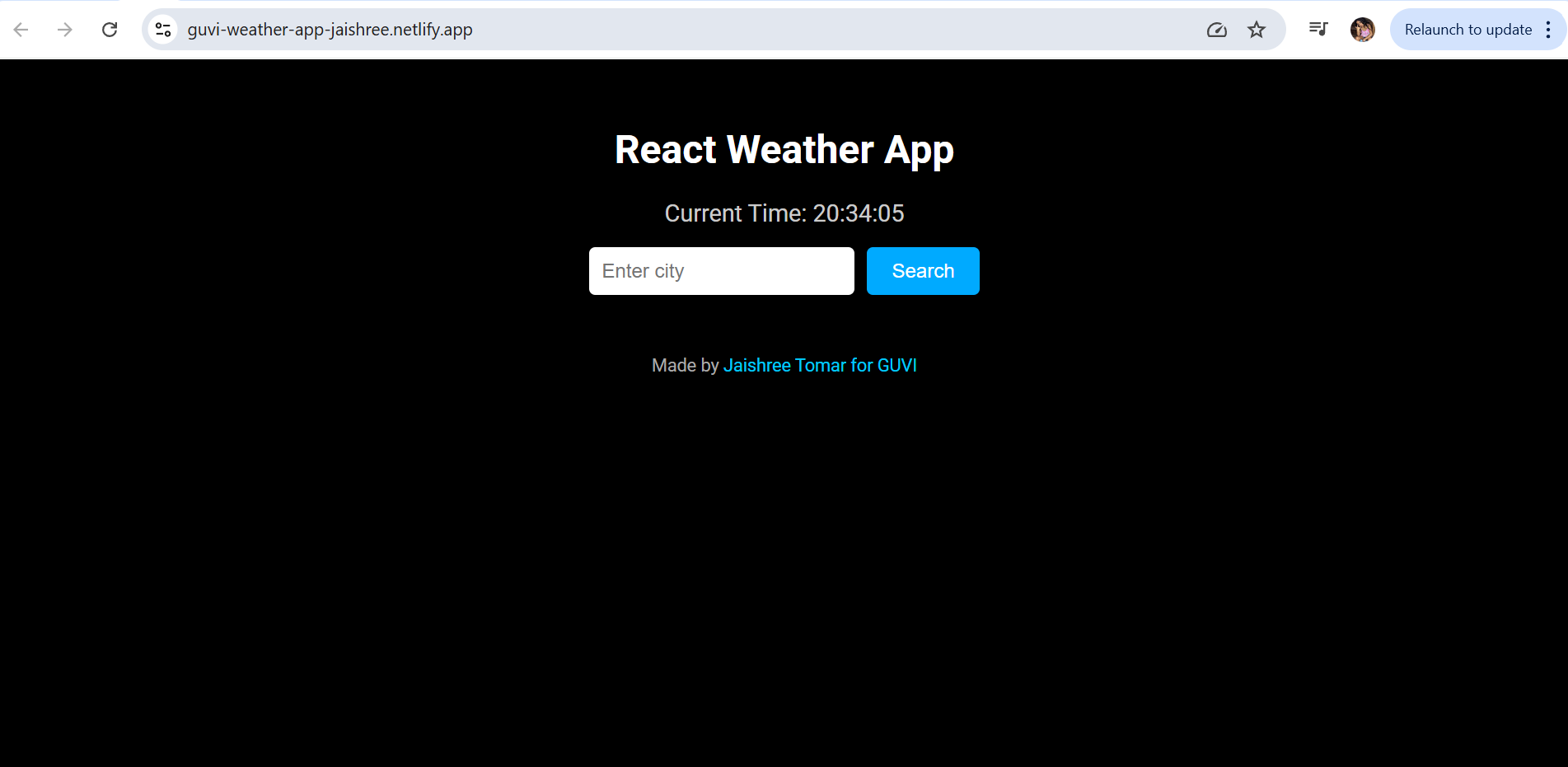Creating Application Structure for Temperature Converter
Create Application Structure (Directory Structure)
A new React app comes with a standard directory structure. Our project’s structure (after using Create React App) looks like this by default:
temp-converter/
├── node_modules/ # Contains all Node.js dependencies (auto-generated)
├── public/
│ ├── index.html # HTML template for the app (contains a root <div>)
│ └── ... # Other public assets (favicon, manifest, etc.)
├── src/
│ ├── App.js # Main React component (will be our container)
│ ├── App.css # CSS for App component
│ ├── index.js # Application entry point, renders App into DOM
│ ├── index.css # Global CSS (if any)
│ └── ... # Other files (logo, test files, etc.)
├── package.json # Project metadata and dependencies
├── package-lock.json # Auto-generated lockfile for dependencies
└── README.md # Basic README with Create React App info
For our project, we will add a new component file and possibly modify or remove some default files:
- We will create a new component inside the src folder, e.g. TemperatureConverter.js (or .jsx), which will house the conversion logic and UI.
- We will update App.js to use our new component and serve as a simple container with a title.
- We will use App.css (or create a new CSS file) to add styling for our components (like making the layout centered and styling the input, dropdowns, etc.).
- The public/index.html usually doesn’t need changes for this project, but we could change the <title> tag there to "Temperature Converter" so the browser tab reflects our app name.
- We won’t need the default logo.svg or App.test.js for this simple project, so you can remove or ignore those to keep the project uncluttered.
After creating a new folder called component, the src folder structure will look like this:
src/
├── components/
│ └── TemperatureConverter.js # Our TemperatureConverter component
├── App.js
├── App.css
├── index.js
└── index.css
Now, let's proceed to implement the functionality step by step.


























